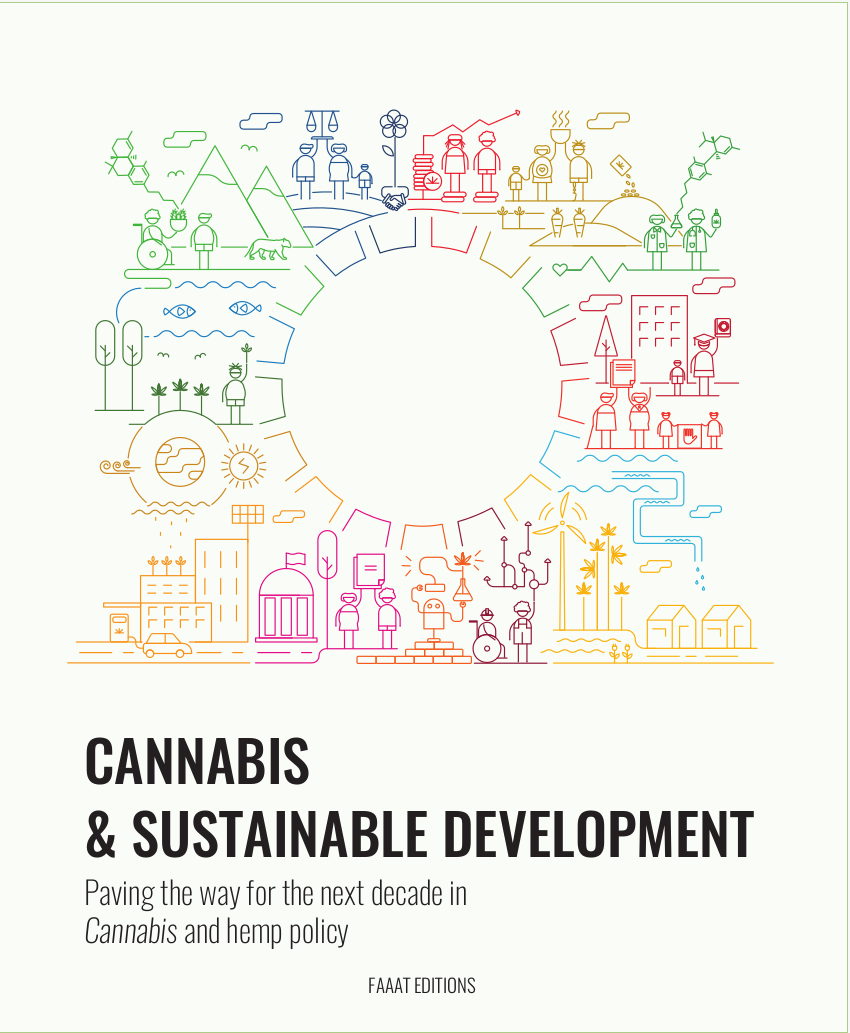

Most ebook files are in PDF format, so you can easily read them using various software such as Foxit Reader or directly on the Google Chrome browser.
Some ebook files are released by publishers in other formats such as .awz, .mobi, .epub, .fb2, etc. You may need to install specific software to read these formats on mobile/PC, such as Calibre.
Please read the tutorial at this link: https://ebookbell.com/faq
We offer FREE conversion to the popular formats you request; however, this may take some time. Therefore, right after payment, please email us, and we will try to provide the service as quickly as possible.
For some exceptional file formats or broken links (if any), please refrain from opening any disputes. Instead, email us first, and we will try to assist within a maximum of 6 hours.
EbookBell Team

4.1
50 reviewsAbstract:
Updated toolkit available at https://www.cannabis2030.org/en
También en español: https://www.cannabis2030.org/es Subtitled "Recommendations for the implementation of Cannabis policies aligned with international Human Rights standards, the 2030 Agenda for Sustainable Development and the 2016 UNGASS outcome document", this report explains how the reform of hemp and cannabis policies can sustain or make harder – depending on the policy options chosen – the attainment of the 2030 United Nations agenda for Sustainable Development. | The reformist trend in Cannabis policy globally is an ongoing movement unlikely to be stopped. A deficit of democratic monitoring of the generalization of legal Cannabis markets could represent a threat for affected populations and public health. Ethics are needed. A renewed interest and takeover of the topic Cannabis by all categories of the population are urgent. A one-size-fits-all policy seems neither desirable nor possible, both for geographical imperatives and for the diversity of uses and products of the plant. This makes consensual policy models (exportable and generalizable) difficult to emerge. Rather than trying to solve the equation of the perfect Cannabis policy and its infinite variables, a more feasible approach would be to step aside, list all the different public policies that affect, or are involved with Cannabis, and address them individually. The 2030 Agenda for Sustainable Development and its 17 Goals is but a perfect tool for this purpose. This discussion paper highlights important research and experiential outcomes from scholars, civil society organizations, affected populations, and market stakeholders. It seeks to show the potential of the Cannabis plant in appropriately regulated settings as transformative for our societies – so long as ethical practices and sustainable approaches are kept central. This document is not intended to be an exhaustive guide. It is designed as a valuable resource to contribute to post-prohibition studies, and help understand, from diverse public policy perspectives, the links between the policies of Cannabis and the Sustainable Development Goals, and the impact of the former on the latter. The latest updated 2021 version is available at https://www.cannabis2030.org